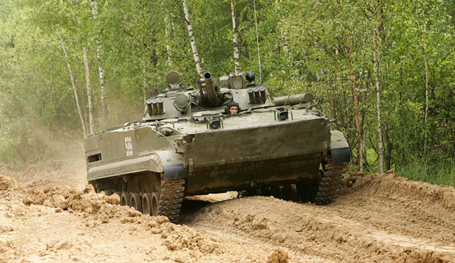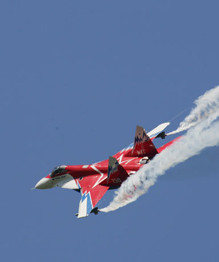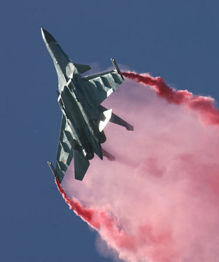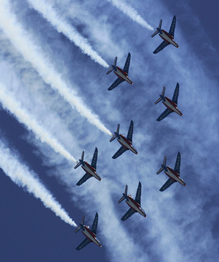Russia's greatest scientists
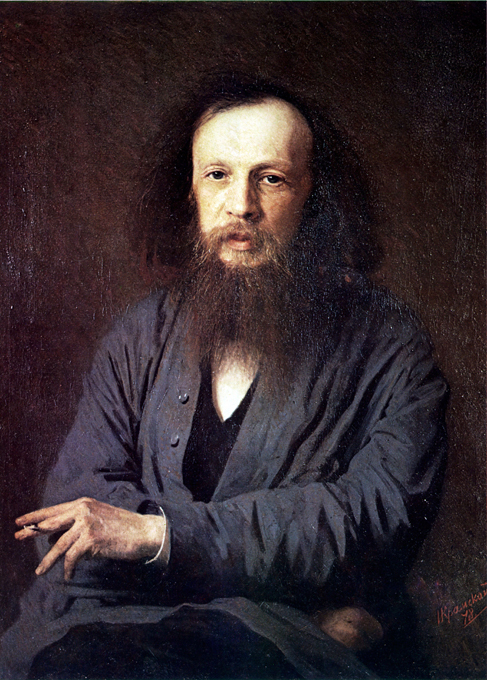
Dmitri Ivanovich Mendeleev was a Russian chemist and inventor. He formulated the Periodic Law, created a farsighted version of the periodic table of elements, and used it to correct the properties of some already discovered elements and also to predict the properties of eight elements yet to be discovered.
Dmitri Ivanovich Mendeleev was a Russian chemist and inventor. He formulated the Periodic Law, created a farsighted version of the periodic table of elements, and used it to correct the properties of some already discovered elements and also to predict the properties of eight elements yet to be discovered.
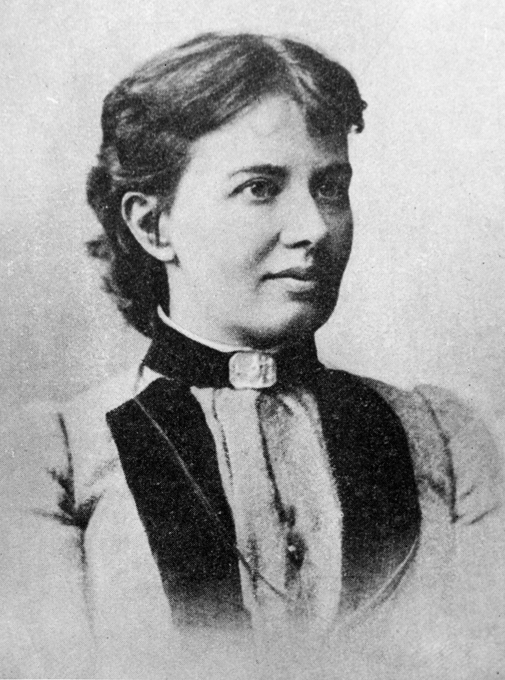
Sofia Vasilyevna Kovalevskaya, was the first major Russian female mathematician. She was responsible for some important original contributions to analysis, partial differential equations and mechanics. She was the first woman appointed to a full professorship in Northern Europe and was also one of the first women to work for a scientific journal as an editor. Her sister was the socialist and feminist Anne Jaclard.
Sofia Vasilyevna Kovalevskaya, was the first major Russian female mathematician. She was responsible for some important original contributions to analysis, partial differential equations and mechanics. She was the first woman appointed to a full professorship in Northern Europe and was also one of the first women to work for a scientific journal as an editor. Her sister was the socialist and feminist Anne Jaclard.
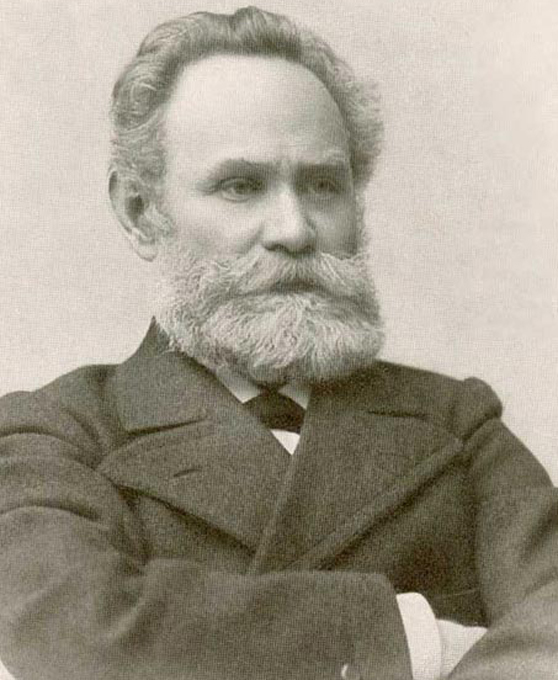
Ivan Petrovich Pavlov was a Russian physiologist known primarily for his work in classical conditioning. Pavlov won the Nobel Prize for Physiology or Medicine in 1904, becoming the first Russian Nobel laureate. A Review of General Psychology survey, published in 2002, ranked Pavlov as the 24th most cited psychologist of the 20th century. Pavlov's principles of classical conditioning have been found to operate across a variety of experimental and clinical settings, including educational classrooms
Ivan Petrovich Pavlov was a Russian physiologist known primarily for his work in classical conditioning. Pavlov won the Nobel Prize for Physiology or Medicine in 1904, becoming the first Russian Nobel laureate. A Review of General Psychology survey, published in 2002, ranked Pavlov as the 24th most cited psychologist of the 20th century. Pavlov's principles of classical conditioning have been found to operate across a variety of experimental and clinical settings, including educational classrooms
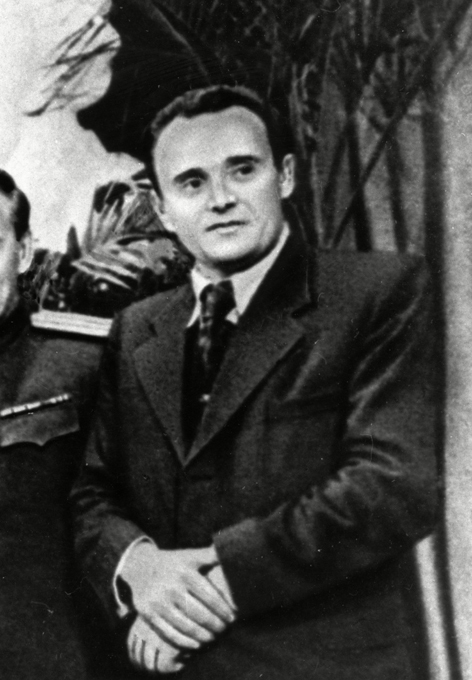
Sergei Pavlovich Korolev worked as the lead Soviet rocket engineer and spacecraft designer during the Space Race between the United States and the Soviet Union in the 1950s and 1960s. He is considered by many as the father of practical astronautics. Only following his death in 1966 has he received appropriate public recognition as the driving force behind Soviet accomplishments in space exploration
Sergei Pavlovich Korolev worked as the lead Soviet rocket engineer and spacecraft designer during the Space Race between the United States and the Soviet Union in the 1950s and 1960s. He is considered by many as the father of practical astronautics. Only following his death in 1966 has he received appropriate public recognition as the driving force behind Soviet accomplishments in space exploration
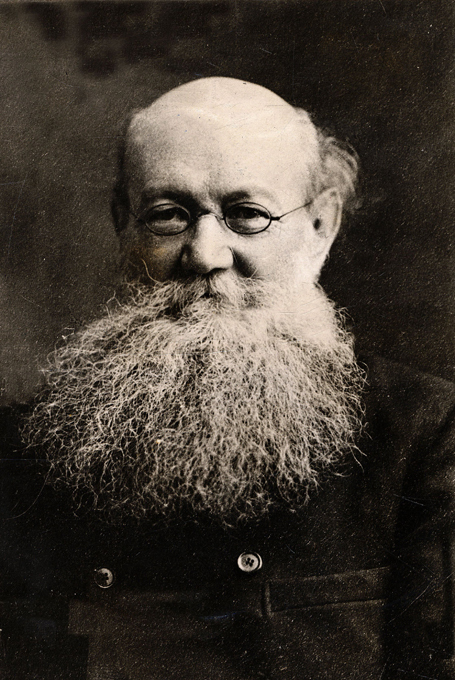
Pyotr Alexeyevich Kropotkin was a Russian activist, scientist, and philosopher, who advocated anarchism. Kropotkin was a proponent of a communist society free from central government and based on voluntary associations between workers. He wrote many books, pamphlets and articles, the most prominent being The Conquest of Bread and Fields, Factories and Workshops, and his principal scientific offering, Mutual Aid: A Factor of Evolution. He also contributed the article on anarchism to the Encyclopædia Britannica Eleventh Edition
Pyotr Alexeyevich Kropotkin was a Russian activist, scientist, and philosopher, who advocated anarchism. Kropotkin was a proponent of a communist society free from central government and based on voluntary associations between workers. He wrote many books, pamphlets and articles, the most prominent being The Conquest of Bread and Fields, Factories and Workshops, and his principal scientific offering, Mutual Aid: A Factor of Evolution. He also contributed the article on anarchism to the Encyclopædia Britannica Eleventh Edition
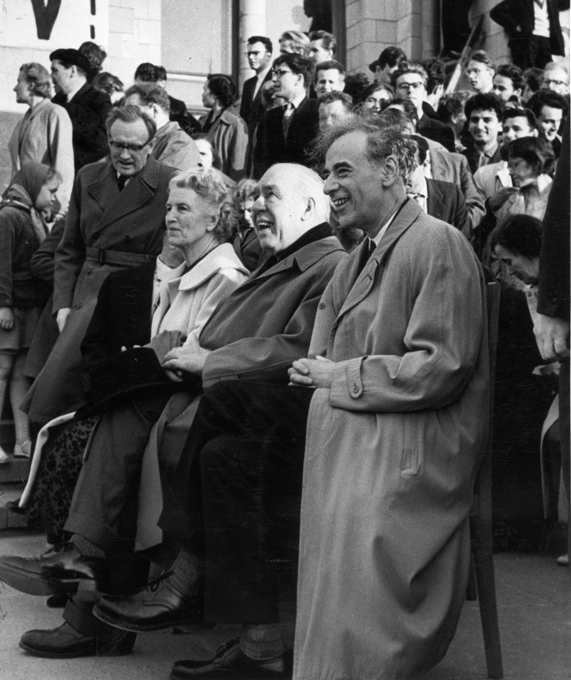
Lev Davidovich Landau was a Soviet physicist who made fundamental contributions to many areas of theoretical physics. His accomplishments include the independent co-discovery of the density matrix method in quantum mechanics (alongside John von Neumann), the quantum mechanical theory of diamagnetism, the theory of superfluidity, the theory of second-order phase transitions, the Ginzburg-Landau theory of superconductivity, the theory of Fermi liquid, the explanation of Landau damping in plasma physics, the Landau pole in quantum electrodynamics, the two-component theory of neutrinos, and Landau's equations for S matrix singularities
Lev Davidovich Landau was a Soviet physicist who made fundamental contributions to many areas of theoretical physics. His accomplishments include the independent co-discovery of the density matrix method in quantum mechanics (alongside John von Neumann), the quantum mechanical theory of diamagnetism, the theory of superfluidity, the theory of second-order phase transitions, the Ginzburg-Landau theory of superconductivity, the theory of Fermi liquid, the explanation of Landau damping in plasma physics, the Landau pole in quantum electrodynamics, the two-component theory of neutrinos, and Landau's equations for S matrix singularities
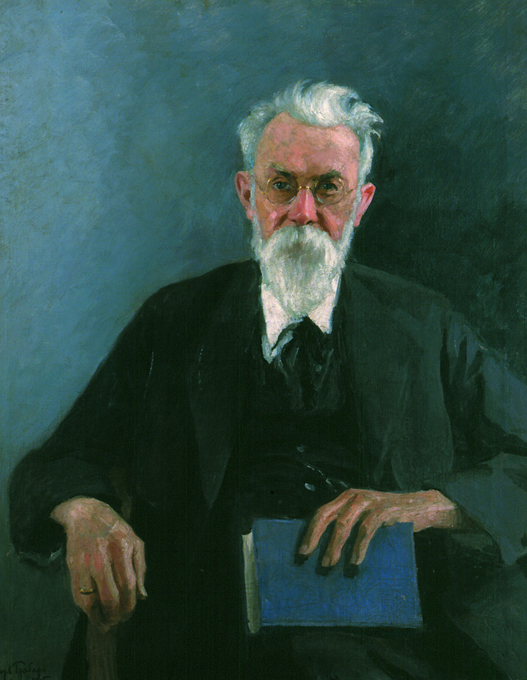
Vladimir Ivanovich Vernadsky was a Russian, Ukrainian and Soviet mineralogist and geochemist who is considered one of the founders of geochemistry, biogeochemistry, and radiogeology, and was a founder of the Ukrainian Academy of Sciences (now National Academy of Sciences of Ukraine). His ideas of noosphere were an important contribution to Russian cosmism
Vladimir Ivanovich Vernadsky was a Russian, Ukrainian and Soviet mineralogist and geochemist who is considered one of the founders of geochemistry, biogeochemistry, and radiogeology, and was a founder of the Ukrainian Academy of Sciences (now National Academy of Sciences of Ukraine). His ideas of noosphere were an important contribution to Russian cosmism
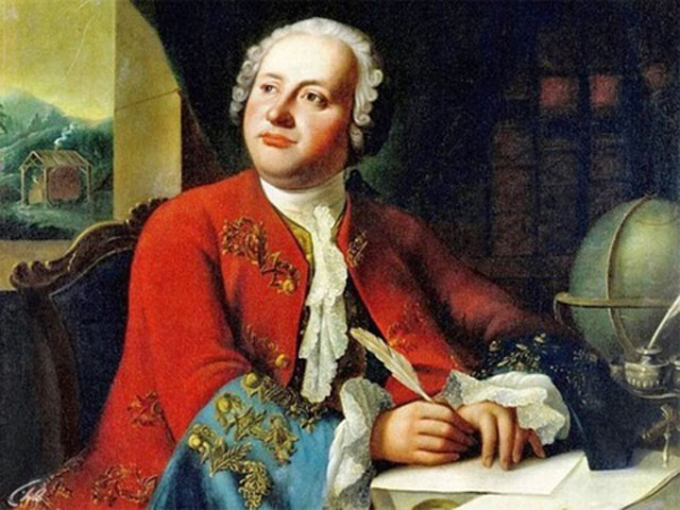
Mikhail Vasilyevich Lomonosov was a Russian polymath, scientist and writer, who made important contributions to literature, education, and science. Among his discoveries was the atmosphere of Venus and the Law of Mass Conservation in chemical reactions. His spheres of science were natural science, chemistry, physics, mineralogy, history, art, philology, optical devices and others. Lomonosov was also a poet and influenced the formation of the modern Russian literary language.
Mikhail Vasilyevich Lomonosov was a Russian polymath, scientist and writer, who made important contributions to literature, education, and science. Among his discoveries was the atmosphere of Venus and the Law of Mass Conservation in chemical reactions. His spheres of science were natural science, chemistry, physics, mineralogy, history, art, philology, optical devices and others. Lomonosov was also a poet and influenced the formation of the modern Russian literary language.
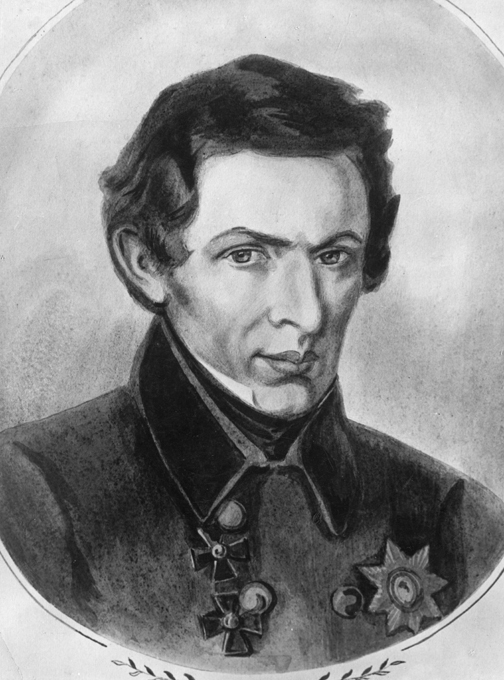
Nikolai Ivanovich Lobachevsky was a Russian mathematician and geometer, known primarily for his work on hyperbolic geometry, otherwise known as Lobachevskian geometry. William Kingdon Clifford called Lobachevsky the "Copernicus of Geometry" due to the revolutionary character of his work
Nikolai Ivanovich Lobachevsky was a Russian mathematician and geometer, known primarily for his work on hyperbolic geometry, otherwise known as Lobachevskian geometry. William Kingdon Clifford called Lobachevsky the "Copernicus of Geometry" due to the revolutionary character of his work
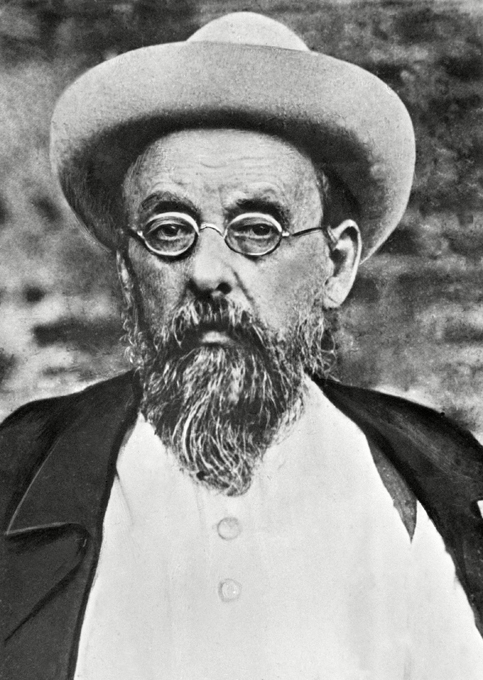
Konstantin Eduardovich Tsiolkovsky was a Russian and Soviet rocket scientist and pioneer of the astronautic theory. Along with the German Hermann Oberth and the American Robert H. Goddard, he is considered to be one of the founding fathers of rocketry and astronautics. His works later inspired leading Soviet rocket engineers such as Sergei Korolev and Valentin Glushko and contributed to the success of the Soviet space program
Konstantin Eduardovich Tsiolkovsky was a Russian and Soviet rocket scientist and pioneer of the astronautic theory. Along with the German Hermann Oberth and the American Robert H. Goddard, he is considered to be one of the founding fathers of rocketry and astronautics. His works later inspired leading Soviet rocket engineers such as Sergei Korolev and Valentin Glushko and contributed to the success of the Soviet space program
